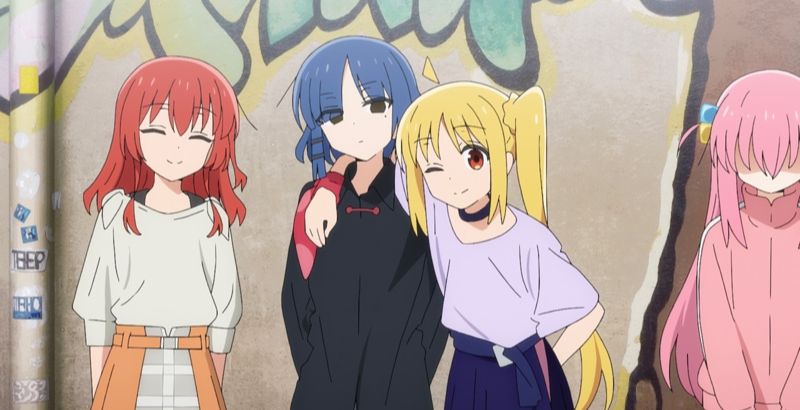Whenever someone asks me what I’m most looking forward to in my visits to Japan, music wouldn’t be the first answer that comes to people’s minds. In the age of mass social media, where anime has never been more popular in the West, music from Japan often conjures up images of virtual singers and poorly remembered anime openings from shows like Demon Slayer and Sword Art Online. Yet, as with everywhere else in the world, Japan’s music scene is more than the popular songs from reels, a lively, storied place filled with experimental rap, electronic, folk, and even rock.
Japanese rock can be best introduced as a first cousin removed, a scene descended from bands as varied as the Beatles to Radiohead. Something that seems familiar, yet with its own looks and mannerisms that identify it. A couple of acts have made it through via osmosis from anime; bands like King Gnu, Linked Horizon, to name a few. Yet, separated by the barriers of distance, lies a rich, storied scene, filled with a passionate audience and a DIY ethos pulled straight out of the great garage acts of Weezer and Nirvana. I love it. It’s a mix of different sounds, alternative, indie, electronic, all iterated on by the myriad creative souls that live and breathe music.
All this admiration, surprisingly, stems from just one single anime, a love letter to the scene that spawned it. A short, 12-episode flick called “Bocchi the Rock!”.









